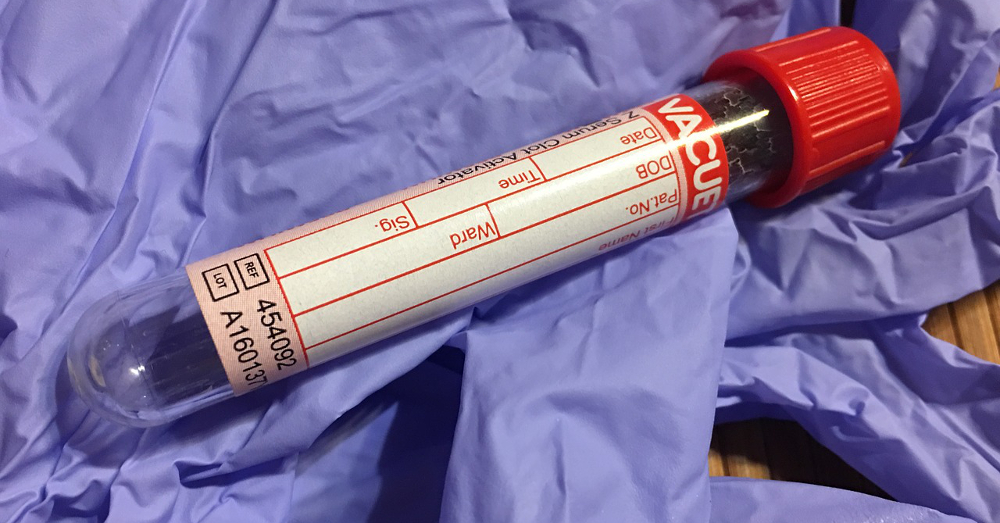
Americans Have a Right to Basic Lab Tests
In the U.S., getting simple blood tests to monitor your health can be a time-consuming and expensive endeavor. Typically, you first must make an appointment with a physician, have the tests ordered by said physician and then wait for the results to come back, again through your physician.
Weeks and hundreds of dollars later, you may finally have your lab results in hand, but in an era where people are increasingly interested in taking control of their health, this physician-driven model has become antiquated and unnecessarily burdensome for patients.
February 21, 2017 | Source: Mercola.com | by Dr. Joseph Mercola
In the U.S., getting simple blood tests to monitor your health can be a time-consuming and expensive endeavor. Typically, you first must make an appointment with a physician, have the tests ordered by said physician and then wait for the results to come back, again through your physician.
Weeks and hundreds of dollars later, you may finally have your lab results in hand, but in an era where people are increasingly interested in taking control of their health, this physician-driven model has become antiquated and unnecessarily burdensome for patients.
No one has greater right to, or interest in, your lab work results than you do, which is why it should be a given that you can access such results directly from the company you pay to run the labs.
Beyond that, some companies are taking it a step further and offering direct-to-consumer laboratory tests, which allow you to pick and choose which biomarkers of health you’d like to monitor, no physician’s visit required. The market for such testing was valued at $131 million in 2015 — up from $15 million in 2010.1
2014 Rule Gave Patients Direct Access to Lab Results
In case you’ve ever wondered if you can get your lab test results directly from the lab that conducted the testing, you do have that right.
In 2014, the U.S. Department of Health and Human Services (HHS) issued a final rule that granted a person (or a person designated by the patient) direct access to their laboratory test reports without having to have them sent to a physician first.
Clearly, doctors should not have exclusive rights to information about your body, but prior to this rule, this wasn’t a guarantee. The final rule updated the Clinical Laboratory Improvement Amendments (CLIA) of 1988 , allowing laboratories to give patients direct access to their lab results.
Even so, it’s not always as simple as it should be to get your results without going through your doctor. Laboratories may require patients to make requests for lab results in writing, and they may charge you extra to mail or electronically deliver them.
Further, the rule states that most results must be made available to patients within 30 days of the completion of testing, so you could be waiting weeks to find out crucial health information.2
Why You Should Have the Right to Monitor Your Own Health
Direct-to-consumer laboratory tests can empower you to be proactive about taking care of your health. If you know you’re low in a certain vitamin or mineral, for instance, you can make efforts to increase it in your diet.
Or, if your A1C levels (a marker for diabetes) are normal but elevated near the pre-diabetic range, you can take steps to exercise more and change your diet to drive those levels down instead of allowing them to trend upward.
Critics of direct-to-consumer lab tests suggest the results are useless without a doctor to translate the results and provide related medical advice.
This may be true in some cases, but there are many tests results that provide fairly straightforward health information, once you know the optimal reference ranges where your results should fall into.
Further, doctors simply should not have exclusive rights to information about your body. This belongs to you, and it’s up to you to do with it what you will, whether that be making an appointment with a physician to help you interpret the results or choosing to proceed otherwise.
